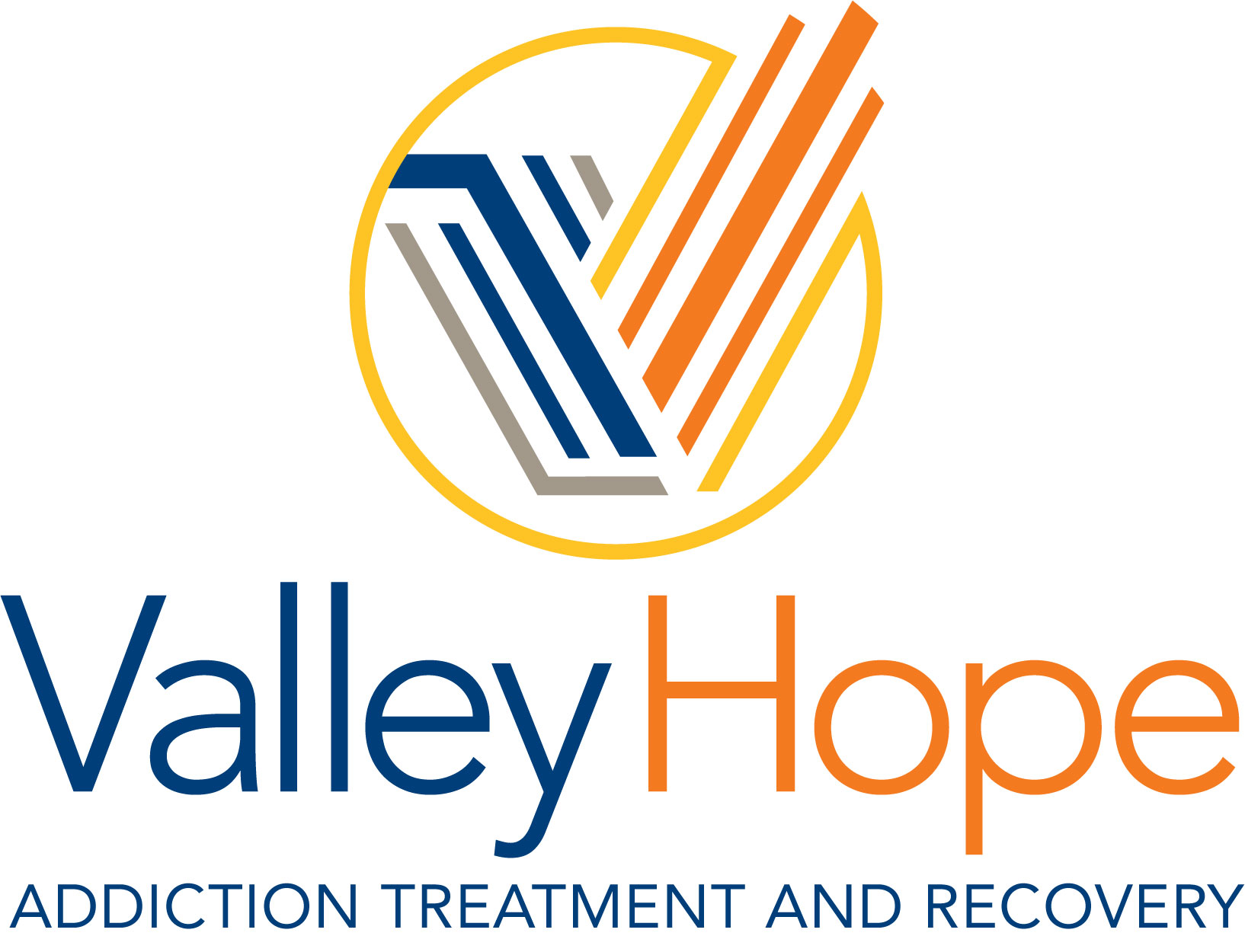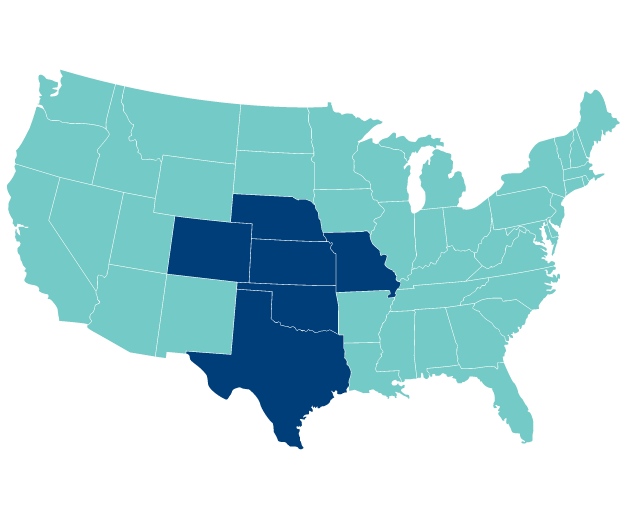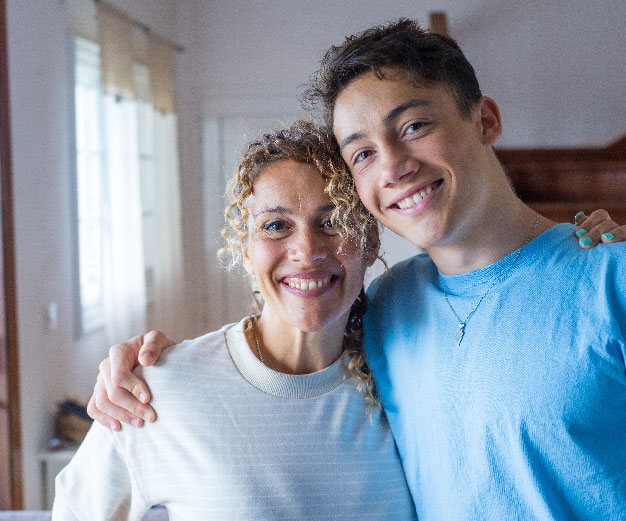FAQs About Getting Started with Treatment and Recovery
Seeking help for drug or alcohol addiction is a life-changing decision, and we’re here to guide you every step of the way. Whether you’re wondering what to expect during the admissions process, how treatment works, or what recovery support looks like, you’ll find clear answers here. Our goal is to make your path to healing as simple, safe, and supportive as possible—because your recovery matters.
Questions about Valley Hope, addiction, treatment or recovery? Call our Admissions Team at (800) 544-5101, explore our treatment centers or browse our frequently asked questions:
Frequently Asked Questions
The patient experience at Valley Hope is designed to encourage focus on your healing, empower your self-worth and prepare you with the essential skills and strategies needed to build and sustain long-term recovery. At inpatient treatment centers, a typical daily schedule includes individual counseling sessions, classroom-style learning with fellow patients, small group therapeutic sessions, family therapy, 12 Step studies, relaxation and reflection time and recreational activities.
Call our Admissions Team any day or time at (800) 544-5101 to start the admissions process with a local Specialist. The Admissions team will provide a confidential assessment to determine the appropriate level of care and work with you on a treatment referral. Your specialist will also coordinate with you to schedule your admission at a Valley Hope Treatment Center.
Our primary goal is to get you safely into treatment as soon as possible. The actual process- from the initial call to our Admissions Team to beginning your program at a Valley Hope treatment center- averages about 24 hours.
Valley Hope accepts most private insurance plans. Medicaid coverage varies by location—contact us to discuss your options. We also offer discounted self-pay rates and flexible payment plans to help make treatment accessible. We also accept TriCare and referrals from the Veteran’s Administration. Please call us at (800) 544-5101 to discuss payment options.
Yes. Valley Hope’s Admissions Team can work with you on a payment strategy or, if necessary, make an informed referral to one of our trusted treatment partners that better fit with your financial situation. The goal is to ensure your treatment does not cause added financial stress.
Our programs provide treatment for adults age 18 and older. Valley Hope welcomes both men and women at all of our treatment centers. However, our New Directions for Families program is specifically designed for women and their children under the age of 12, offering a supportive environment where mothers can begin recovery without being separated from their children. If you’re seeking resources for adolescents, we can help guide you to the appropriate support.
Residential treatment requires living on site in a structured and supportive environment at one of our residential treatment centers for an extended period of time. Outpatient treatment enables you to live at home and receive treatment at a Valley Hope outpatient center or via telehealth.
Medically-monitored detox is available onsite at each Valley Hope inpatient treatment center. Detox generally lasts just a few days under 24/7 supervision by our medical team. Each patient undergoes a complete health assessment, including a physical and a lab profile, and receives around the clock monitoring throughout the withdrawal period. When necessary, medications help further reduce the severity of withdrawal symptoms. When detox is complete, you can move on to the next phase in our continuum of care as assessed and recommended by your clinical care team. Each inpatient treatment center has an attending physician and nursing team that provides ongoing medical supervision and assistance as needed during your inpatient stay.
Each Valley Hope inpatient treatment center provides an area for making phone calls and a phone number for loved ones to reach you as needed. Family involvement in treatment increases the chances for a successful, long-term recovery. We encourage family participation in treatment. Visitation policies vary by facility, so please call us at (888) 255-1967 to learn more.
Every patient is different and treatment is tailored to each person’s needs. A thorough clinical assessment and medical evaluation will determine the amount of time recommended for treatment. It helps to think of treatment as a continuum of care. Detoxification is the first stage and generally lasts a few days. The next stage is residential and/or outpatient treatment. Continuing care is the third stage and lasts as long as necessary per your recovery plan.
We provide a packing guide to help you prepare. Essentials include comfortable clothing, personal hygiene items, and necessary medications. Contact us for a full list of permitted and restricted items.
Beyond the basics like comfortable clothing and toiletries, be sure to bring contact information for any doctors, therapists, legal counsel and family members or primary contacts. Be sure to also have your insurance card, a government-issued photo ID. (For example, driver’s license or passport) and any prescription medications in your name. Prohibited items include over the counter medications including vitamins, herbs, supplements, cold medications, and pain relievers, vapes, e-cigarettes or other vapor products, gaming devices, weapons of any kind and mouthwash with alcohol content.
Valley Hope inpatient treatment centers do not permit e-cigarettes or vapes on campus. Most facilities do have designated smoking areas. If you are interested in quitting smoking during treatment, Valley Hope offers smoking cessation assistance.
The type of opportunities for recreational and fitness activities varies among Valley Hope treatment centers. Most facilities provide indoor and outdoor options for individual fitness and group recreation such as walking/running trails, basketball and volleyball.
The 12 Steps are a set of guiding principles for recovery first introduced by Alcoholics Anonymous. The process involves admitting that you can’t control addiction, recognizing that a higher power can give strength, admitting past mistakes, making amends and developing an honest, helping and forgiving lifestyle. Valley Hope’s treatment approach is grounded in 12 Step philosophy.
Although federal law does not require you to tell your employer the details about your need for treatment, state laws may require certain forms of communication. First, it is important to find out if your employer provides access to a confidential Employee Assistance Program (EAP). EAPs provide support to employees needing treatment for addiction. Valley Hope clinicians are experienced working with EAPs, employers and HR professionals on return to work communications and documentation.
After the treatment experience, Valley Hope provides ongoing support, providing you with the necessary tools and proven strategies for thriving in recovery. Valley Hope’s nationally-renowned Alumni Program provides meaningful connections, ongoing encouragement and fellowship opportunities that empower and help sustain your recovery. Part of your treatment stay includes immersion in the 12 Step community, which provides a structure supporting lifelong recovery. Valley Hope highly recommends ongoing engagement with a 12 Step program after you complete treatment.
We’re here to help 24/7. Here are our contact options:
Phone number: (800) 544-5101
Contact form: click here to get in touch
Fax number: please call us at (800) 544-5101 to get the appropriate fax number for your needs
Email: [email protected]
We’re Here to Help.
Choosing treatment is a courageous step—and you don’t have to take it alone. Whether you need more information about our programs, want to speak with someone about your specific situation, or just aren’t sure where to start, our team is here to support you with clarity and compassion.
Reach out today at (800) 544-5101 and take the first step toward healing.




